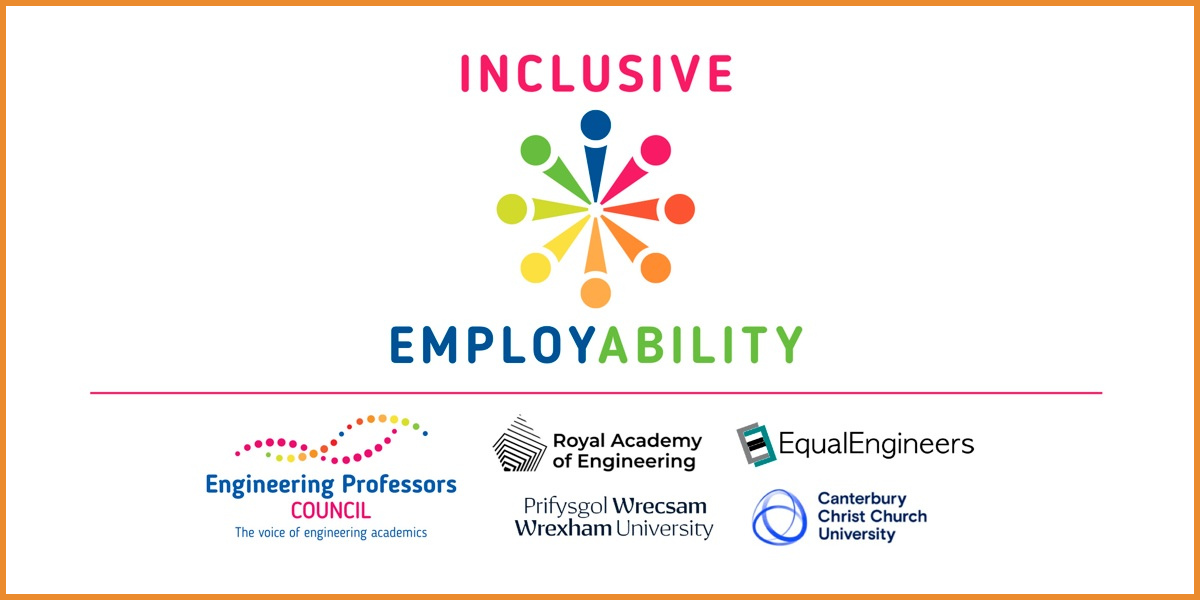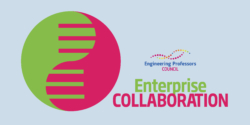
Objectives: This activity aims to equip students with strategies to thrive in video interviews.
Introduction: Our mission is to empower students with tips to excel in video interviews. This interactive challenge provides tailored advice to leverage your strengths and navigate digital recruitment challenges. Get expert guidance for in-person, video, and telephone interviews with recruiters. Learn about optimal lighting, assessment centres, and holistic interview practices.
Topic: Mastering video and virtual interview skills with inclusive preparation strategies.
Keywords: Neurodiversity; Equity Diversity and Inclusion; Interviews; Recruitment; CVs and cover letters; Digitalisation; Communication; Employability and skills; Accessibility; Professional development; Professional conduct; Digital engineering tools; Artificial intelligence; Virtual Learning Environment; Personal or professional reputation; Student support; Technology; Assessment criteria or methods and tools; Bias.
How to optimise your interview setup and presence
Watch our featured video from Wenite (below) for expert tips on optimising your interview setup and presence.
Video summary:
Being well-prepared for job interviews is essential for making strong impressions, boosting confidence, and gaining a competitive edge.
Highlights:
🎯 Importance of preparation: Crucial for first impressions and confidence.
👔 In-person tips: Dress appropriately, mind body language, and plan travel.
💻 Virtual interview prep: Ensure tech works, choose a quiet space, and test the platform.
📞 Phone interview strategies: Use notes wisely, maintain vocal clarity, and avoid distractions.
🌟 STAR technique: A framework for answering behavioural questions effectively.
🏢 Research the company: Align your values and goals with the organisation to show genuine interest.
❓ Prepare questions: Have smart, relevant questions ready for the interviewer.
Key insights :
🔍 First impressions matter: A strong initial impression can set the tone for the entire interview, making preparation vital.
💪 Confidence through practice: Thorough preparation helps articulate thoughts clearly, enhancing confidence during interviews.
🏆 Competitive edge: Detailed preparation allows candidates to showcase unique skills and experiences, differentiating them from others.
🎥 Adapt to formats: Each interview type requires a tailored approach, from dressing well for in-person to testing tech for virtual formats.
📖 Utilise the STAR technique: This adaptable framework helps structure responses to behavioural questions, ensuring clarity and relevance.
🌐 Company research is critical: Understanding the company’s values and strategies can help align your responses and demonstrate genuine interest.
❓ Engaging questions matter: Thoughtful questions reflect your interest in the role and provide insights into the company culture and expectations.
Lights, camera, action!
A profile picture or video interview is often your first impression on a potential employer. Ensure you convey professionalism, approachability, and confidence, especially with proper lighting for accurate representation. AI tools can optimise your appearance by adjusting lighting and camera settings for accurate colour representation, helping you present your best self.
Further links to look at:
- How to photograph people of colour: A vital guide on capturing the beauty and diversity of people of colour on video.
- From selfie to LinkedIn profile picture: Transform your personal snapshots into professional LinkedIn profile pictures.
- Zoom lighting tips, especially for people of colour: Elevate your Zoom video interview game with lighting tips.
Neurodiversity
When preparing for a job interview, ensure the process is accessible to all candidates by requesting reasonable adjustments, like receiving interview questions beforehand. Approach employers with confidence and professionalism, clearly explaining how these adjustments will help you perform at your best. Proactively advocating for such adjustments fosters a more inclusive environment for all applicants.
Further links to look at:
- Kemp, M. (2023) Important considerations when interviewing neurodivergent employees, Farrer &Co, [on-line at: https://www.farrer.co.uk/news-and-insights/important-considerations-when-interviewing-neurodivergent-employees/]
- What to do when interviewing an autistic person for a job
- Interview tips for employers with respect to autistic candidates
- Employing autistic people – a guide for employers
- Inclusive recruitment guidance for hiring manager and for neurodiverse candidates – applications and interview
- The following is a mapping of neurodiversity traits to their corresponding strengths mapped to UK Engineering Council Specification of professional engineering skills. This can aid in job applications and interview preparation, as evidence of applied neurodiversity strengths can demonstrate engineering and employability skills: Neurodiversity Strengths Mapping
This work is licensed under a Creative Commons Attribution-ShareAlike 4.0 International License.
Any views, thoughts, and opinions expressed herein are solely that of the author(s) and do not necessarily reflect the views, opinions, policies, or position of the Engineering Professors’ Council or the Toolkit sponsors and supporters.
Please note: Discussions around discrimination, prejudice and bias are highly complex and part of a much wider national and international debate, including contested histories. As such, we have limited the scope of our resources to educating and supporting students.
The resources that the EPC and its partners are producing in this area will continue to expand and, if you feel there is an issue that is currently underrepresented in our content, we would be delighted to work with you to create more. Please get in touch.
 Theme:
Theme: